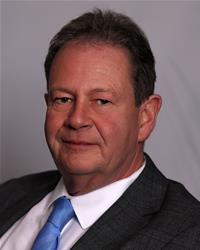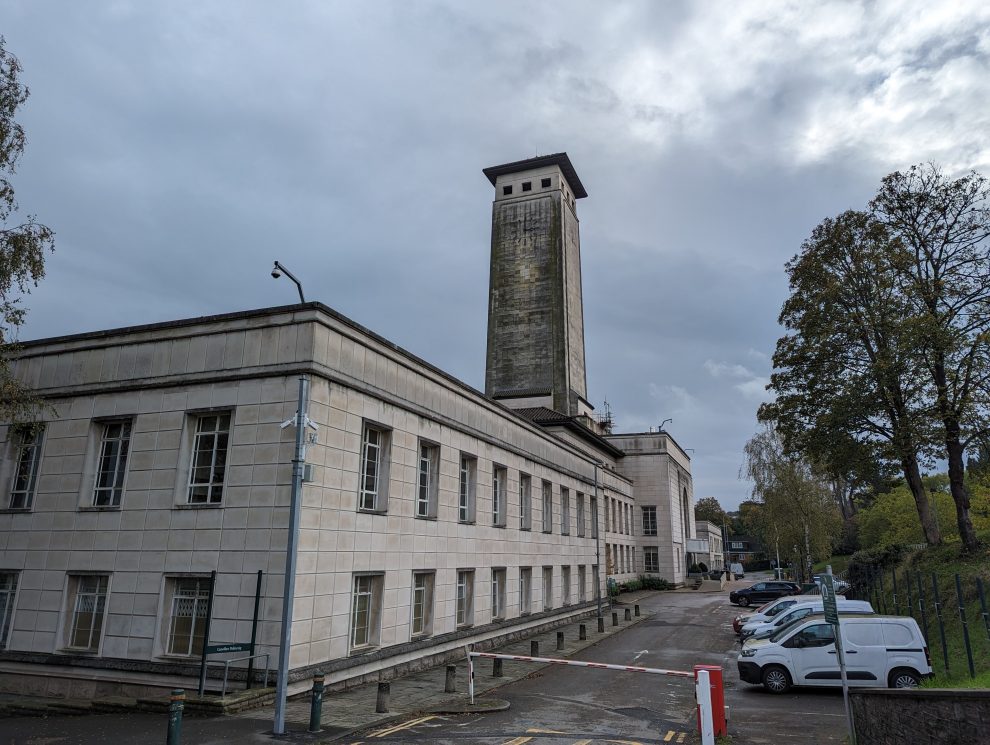NEWPORT City Council has defended the way councillors can question the leader in meetings, after critics branded the format “shambolic” and a “farce”.
Councillors have 15 minutes at each monthly meeting to ask questions to the leader, Jane Mudd, and receive their answers.
The recently-adopted policy has drawn criticism from opposition members who feel there is not enough time to properly scrutinise decisions and policies.
At the most recent meeting, Conservative group leader Matthew Evans told Cllr Mudd opportunities to ask questions were limited “because of the time it takes for you to read the answer to the first loaded question from a Labour councillor”.

The city council has defended the format, arguing there are many other ways to question the leader on local authority matters.
A spokesman said councillors were “able to submit questions to the leader and cabinet members at any time, so they do not have to wait for a full council meeting”.
“Both the questions and the responses are then published on the council website, so are in the public domain,” he added. “Councillors are also able to make appointments to meet with the leader and cabinet members to directly raise any issues or queries.”
The council spokesman also pointed out that “unlike other councils in Wales, questions being asked to the leader in a full council meeting do not have to be submitted in advance of the meeting”.
The recent format change at council meetings means supplementary questions have been done away with, in a move the local authority spokesman said would give “a fairer opportunity for more councillors to ask questions”.

Cllr Evans, however, believes opportunities are still restricted by the 15-minute limit on leader questions.
At the most recent meeting, he told the leader “not a single [opposition] backbencher has had the opportunity to ask you a question” under the new format.
Councillors from other opposition parties also told the Local Democracy Reporting Service, previously, they had concerns about the 15-minute time limit and attempts to “filibuster”.
The council, however, argues the new format is an improvement, and was approved by committee members in 2023.
“Leader’s questions was considered thoroughly by members of the cross-party democratic services committee and their recommendation was put before the council by the current chair,” the spokesman added.



















